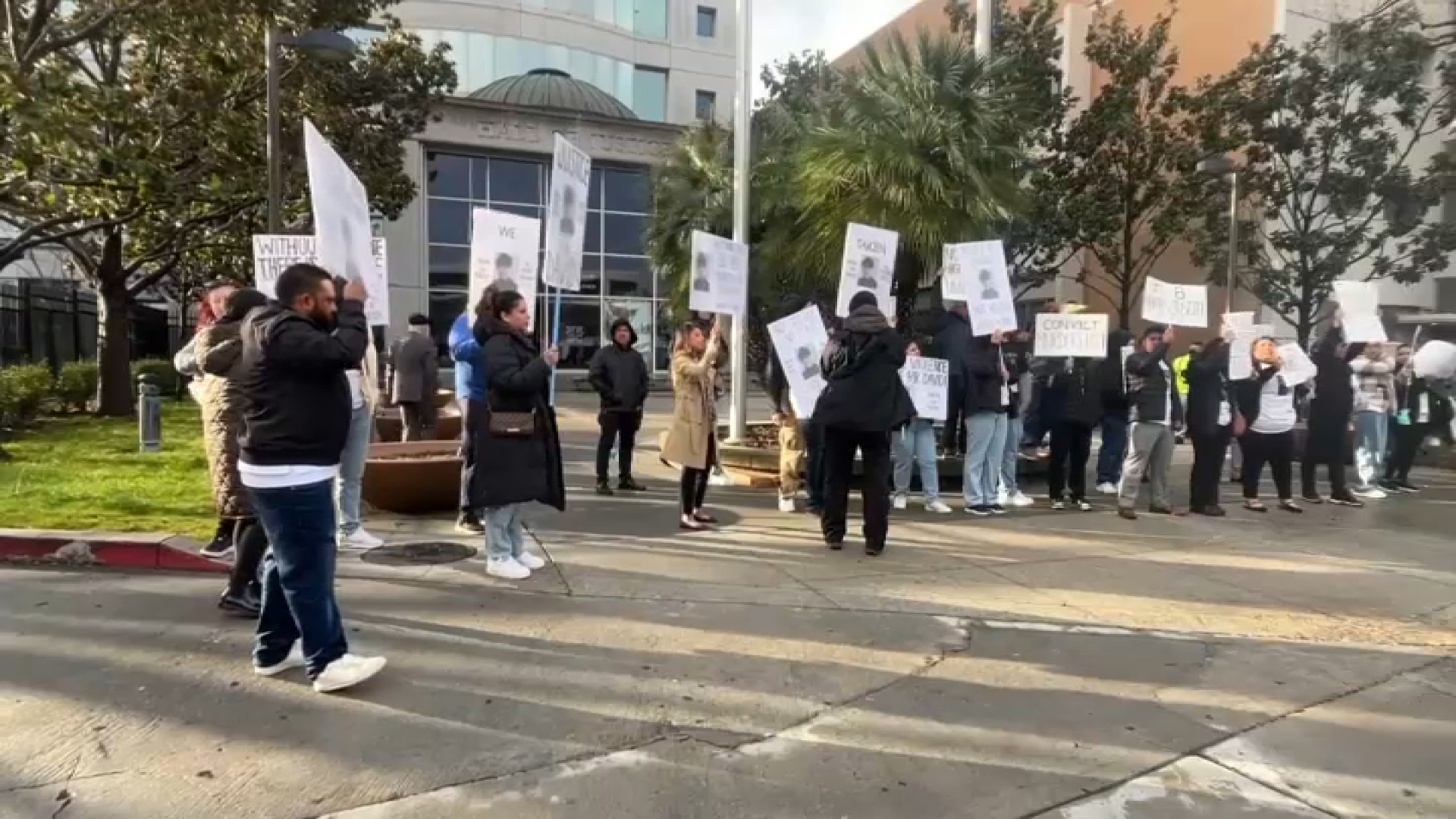San Francisco Supervisor Aaron Peskin is angry about the role that an obscure state sanctioned agency – the Transbay Joint Powers Authority – had in keeping the Millennium Tower’s sinking problem from the public. NBC Bay Area has obtained a signed confidentiality agreement between the Transbay authority and Millennium Partners, the firm behind the project. It was a deal inked…
A confidentiality agreement between a public agency and the developer helped keep the Millennium Tower’s sinking problem from the public starting back in 2010, NBC Bay Area has learned.
The agreement, which was signed on Feb. 26, 2010, is signed off by representatives of the obscure state agency constructing a transit terminal, the Transbay Joint Powers Authority, the San Francisco City Attorney’s Office and Millennium Partners, the developer of the already sinking tower building next to the $2 billion plus Transbay project.
Transbay had begun to monitor the sinking of the building in 2009 as it prepared to build a wall between the two projects. Under the deal reached a year later: “Any documents” exchanged during or as a result of the Feb. 26 meeting, the agreement specifies, would be deemed “for all purposes…confidential to the extent allowed by law.”
The agreement even offered to keep “any evidence” of what was discussed from being disclosed in lawsuits.
While the February 2010 agreement does not spell out what was discussed at the meeting and therefore could not be disclosed, NBC Bay Area has learned the deal concerned data about the Millennium’s growing problem and the public agency’s potential liability for making it worse.
NBC Bay Area has obtained a separate email from the chief engineer of the Transbay project, Brian Dykes, sent shortly after the agreement was inked. In that email, sent March 12, 2010, Dykes notified the parties to the Feb. 26 deal that monitoring data should be considered “CONFIDENTIAL INFORMATION” and “not for public release.”
City Supervisor Aaron Peskin says the email and confidentiality agreement are troubling, in light of the need for the public disclosure on a major project.
Local
“This brings into question who knew what when and how come the public wasn’t informed?” Peskin said.
The city attorney’s office and developer at the table for the talks told NBC Bay Area that they did not believe the deal would result in data being kept secret. The talks, they agreed, dealt with the financial settlement of a dispute related to the sinking building.
In a statement, Millennium spokesman PJ Johnston said the Transbay team wanted the confidentiality and the developer had no expectation the data would be kept confidential when the talks collapsed.
The City Attorney’s Office, which had two representatives at the talks, said they did not have any expectation that the monitoring data would be kept confidential.
The Transbay Joint Powers Authority could not explain why the data sent shortly after the confidentiality deal was marked confidential, given that other data was not.
Andrea Guzman, spokeswoman for City Attorney Dennis Herrera said in a statement that the city never considered the monitoring data confidential, only the discussions related to the financial deal related to the settlement problem. Guzman said it was the Transbay agency that “mistakenly labelled” two sets of monitoring data as confidential.
However, Guzman did not specify when the label error was discovered or explain why the attorneys who got the email labeling a set of data as confidential back in 2010 did not act to assure the data was available.
In July of this year, Andrew Schwartz, an attorney for the authority, sent a letter to Millennium that declared a prior non-disclosure deal void and gave Millennium 10 days’ notice that the agency was going to provide monitoring data in response to a records act request.
Since data was marked confidential back in 2010 – mistake or not -- the Millennium Tower has sunk at least 16 inches and is now leaning at least two inches at the base.
The Millennium Tower Association, which represents the owners, told NBC Bay Area in a statement that it is “troubled” at reports about the meetings between the developer and the joint powers agency six years ago related to the sinking issue.
“The Association also finds troubling — as should the public — the allegation that a public agency sought to keep secret the building’s condition,” said owners spokesman Charlie Goodyear. “The Association continues its investigation to get to the facts of these matters.”
“Obviously, any accusations of collusion are disturbing,” Goodyear said in an earlier statement.
Peskin says any deal that labeled data as “NOT FOR PUBLIC RELEASE” would leave those who need that information the most, the owners, in the dark. He said he wants answers about any circumstance that would mean that the Joint Powers Authority would not disclose data.
“it is obviously deeply disturbing,” he said, “that this public agency did not allow the public to know what was going on.”
Peskin announced Tuesday is going to convene a hearing Sept. 22 to learn the truth. “How come they didn’t come clean with the public? Those are the questions we’re going to ask and we’re going to get answers one way or the other.”



